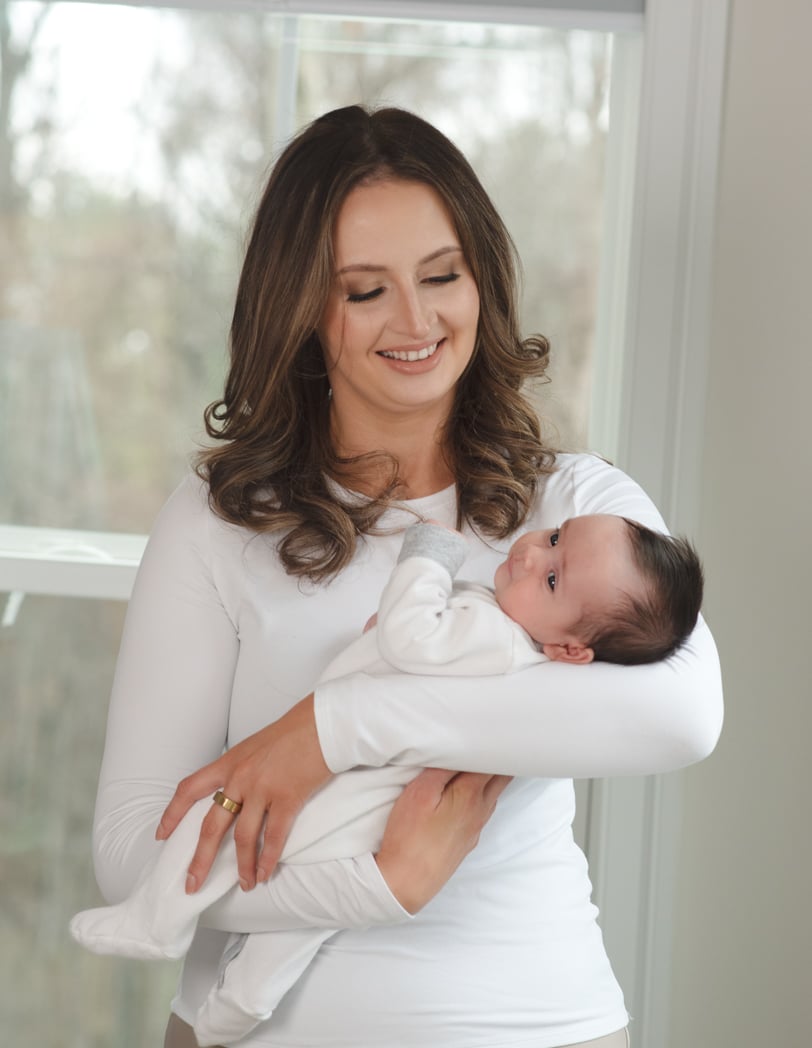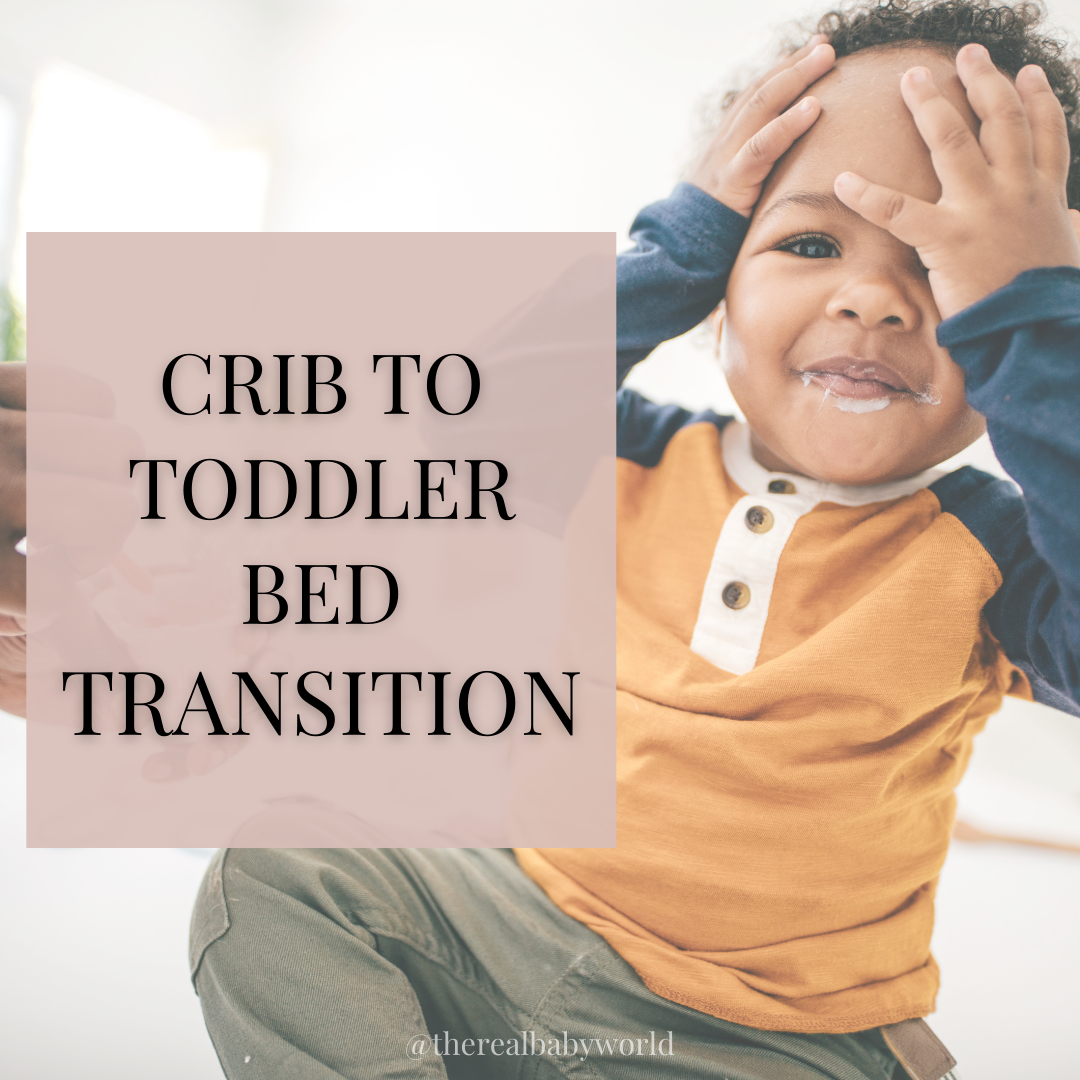
For many parents, the words “baby sleep training” can feel overwhelming or even triggering. There’s no shortage of myths and misconceptions surrounding this topic, leaving families confused about whether it’s the right choice for them and their baby. At Baby Sleep Pros, I believe that knowledge is empowerment, and it’s time to shed light on the truth about sleep training.
What Baby Sleep Training Is—And Isn’t
Let’s start by addressing one of the biggest misconceptions: sleep training does not mean abandoning your baby to cry for hours, on end. In fact, it’s the opposite of ignoring their needs. Sleep training is about guiding your baby towards better sleep while honoring their unique needs and developmental stage. It’s a process rooted in love, empathy, and responsiveness.
At its core, sleep training is about b a l a n c e. It’s about ensuring that your baby’s emotional and physical needs are met while creating a calm, predictable routines that promotes healthy sleep habits for the entire family. Contrary to popular belief, it’s not a rigid or one-size-fits-all approach. Each family is different, and so are their sleep goals.
Why It Matters
Sleep is vital for your baby’s growth and development. Quality sleep supports brain development, strengthens the immune system, and regulates emotions. But sleep is not just important for babies—it’s essential for parents too. A well-rested caregiver is better equipped to meet the challenges of parenting with patience, energy, and clarity.
For many families, the lack of sleep creates stress and imbalance. Night after night of interrupted sleep can affect mood, health, and relationships. Sleep training offers a way to bring back equilibrium by creating routines that help everyone—including parents—get the rest they need.
An Empathetic Approach to Sleep Training
At Baby Sleep Pros, I understand that every family’s journey is unique. That’s why my approach to sleep training prioritizes empathy & connection. Here’s what sets me apart:
✨ Responsive, Not Rigid: I honor your baby’s needs and emotions at every step. Sleep training doesn’t mean ignoring cries—it means responding thoughtfully and appropriately to help your baby feel secure.
✨ Tailored Solutions: Babies are individuals, and what works for one won’t necessarily work for another. I create personalized plans based on your baby’s temperament, age, and family dynamic.
✨ Support for Parents: I know that parenting is a marathon, not a sprint. That’s why I am here to guide you, cheer you on, and answer your questions every step of the way. I create a partnership with parents to make sure they know we are a team, and they will never walk the road to sleep alone.
Reach out to Baby Sleep Pros today to learn more about our compassionate and personalized approach to sleep training. You may also book a free assessment call via this link: https://babysleeppros.com/free-sleep-training-consultation-washingtondc/ .
Trust me – there is plenty of light, and sleep!, at the end of this tunnel!






